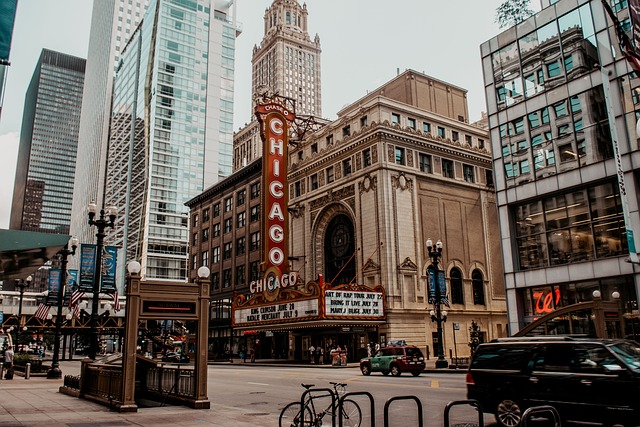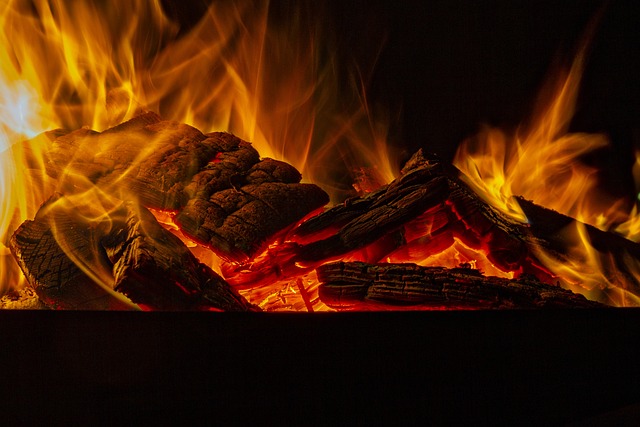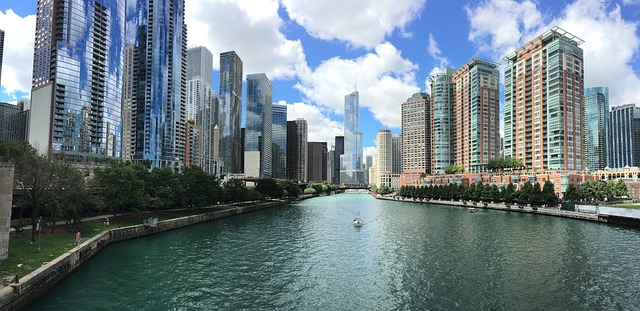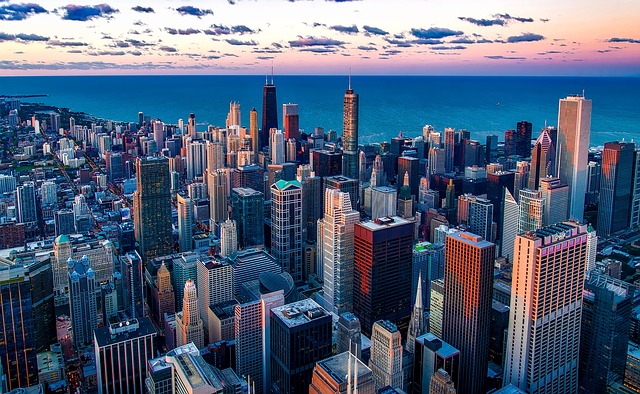Chicago's real estate market presents diverse opportunities, including selling fire-damaged properties. These homes offer renovation potential but come with unique challenges like damage assessment, insurance claims management, permit obtaining, and compliance with local building codes. Despite complexities, especially in blighted areas, these properties can be lucrative investments that revitalize communities and provide affordable housing within the city's vibrant landscape. Successful strategies, such as those for "how to sell a fire damaged home Chicago," guide investors through this process.
Chicago’s real estate market presents unique challenges, particularly when dealing with fire-damaged properties. This article offers an in-depth guide for investors navigating this complex landscape. From understanding the local market dynamics and legal considerations to effective marketing strategies and case studies of successful transactions, we delve into proven methods to sell fire-damaged homes in Chicago. Learn how to assess damage, leverage professional services, and adapt to post-fire market conditions for profitable investments.
Understanding Chicago's Real Estate Market: A Brief Overview

Chicago’s real estate market is dynamic and diverse, offering a unique landscape for investors. The city’s strong economy, combined with its rich cultural attractions, makes it an appealing destination for both residential and commercial properties. However, navigating this market requires a deep understanding of its nuances. One key aspect to consider is the potential challenges associated with purchasing fire-damaged homes, which are not uncommon in certain neighborhoods.
When it comes to selling a fire-damaged home in Chicago, investors should be prepared for a unique set of considerations. These properties often present renovation opportunities, but buyers must carefully assess the extent of damage and the costs involved. The process involves navigating insurance claims, obtaining permits for repairs, and ensuring compliance with local building codes. This can be a complex task, especially in areas where blight is an issue. Yet, with the right approach and knowledge, these properties can become lucrative investments, revitalizing communities and offering affordable housing options within the vibrant cityscape of Chicago.
Chicago’s real estate market, characterized by its diverse neighborhoods and vibrant economy, presents unique opportunities for investors. While navigating the complexities of selling a fire-damaged home in Chicago can seem daunting, understanding the local market dynamics is key. By leveraging knowledge of how to effectively rehabilitate and market these properties, investors can contribute to Chicago’s urban renewal and achieve successful returns. Remember, with careful strategy and a keen eye for potential, there’s no better time than now to invest in Chicago’s ever-evolving real estate landscape.






